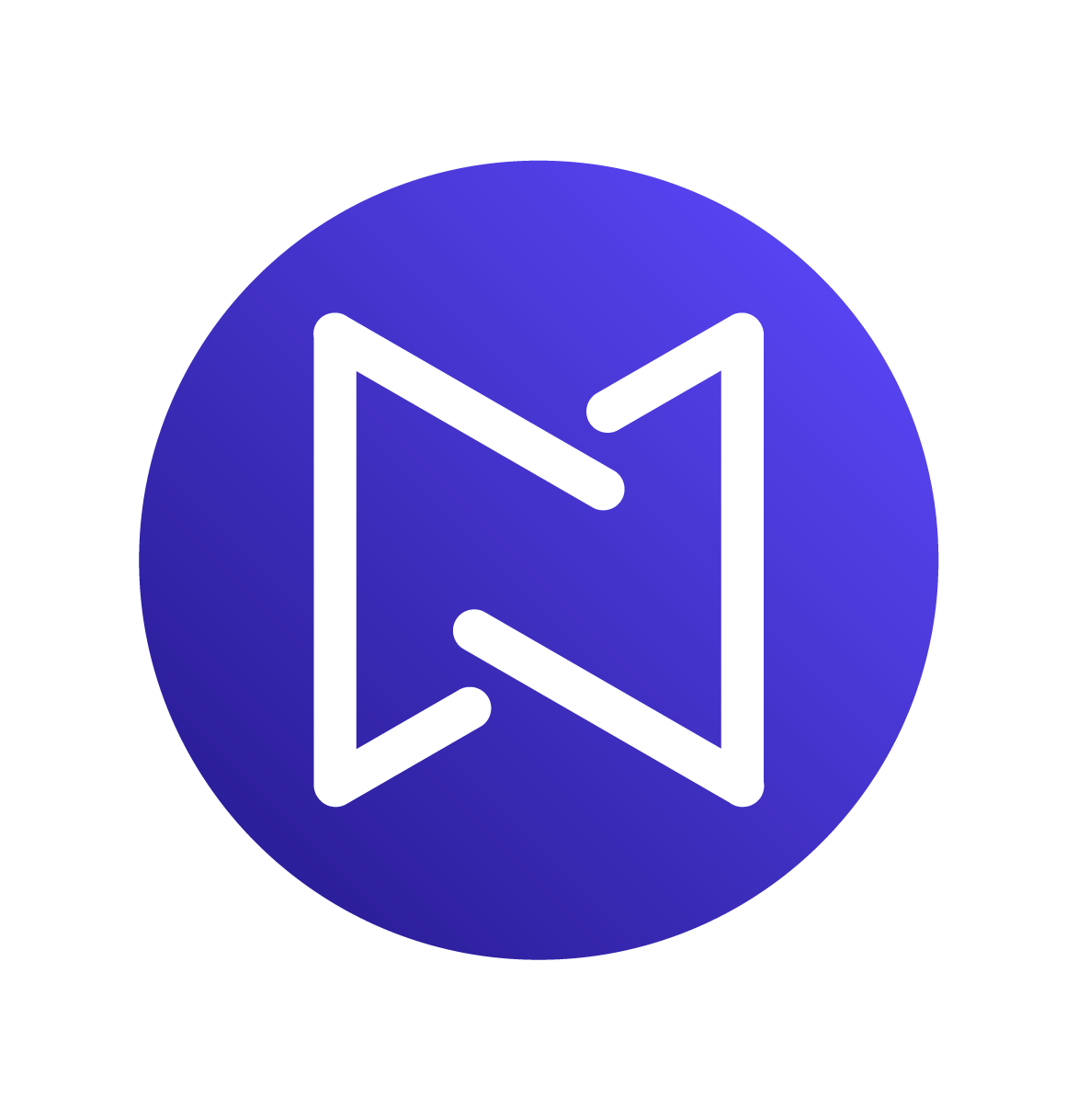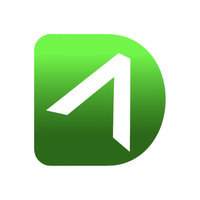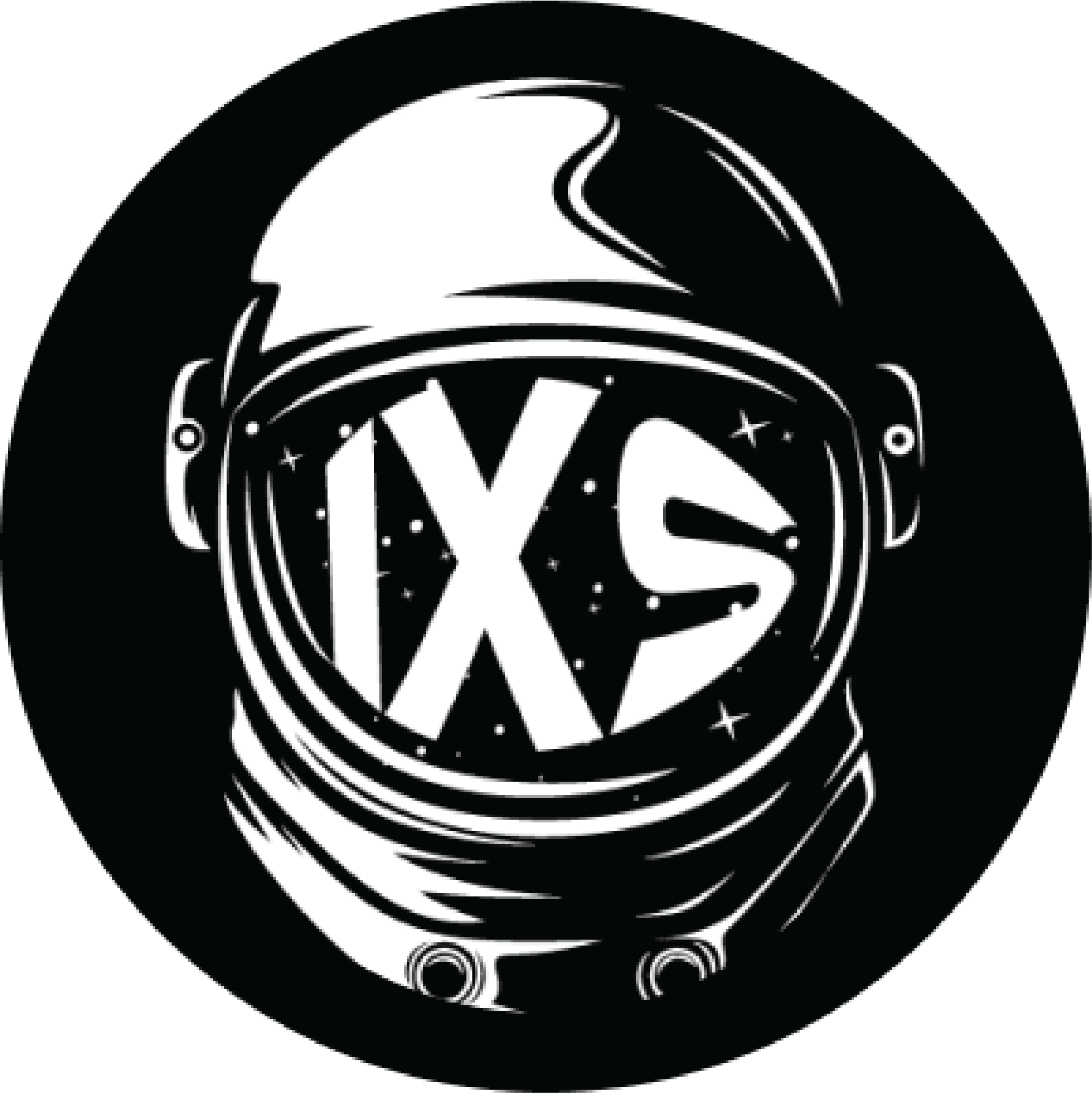Top Real World Assets (RWA) tokens by market capitalization
Real World Assets (RWA) contains 127 coins with a total market capitalization of $58.61B and an average price change of -2.18%. They are listed in size by market capitalization.
Real World Assets (RWAs) encompass tangible and intangible assets that exist outside the digital domain. By tokenizing these assets on a blockchain, they are transformed into digital tokens that represent ownership or a stake in the actual assets, allowing them to be bought, sold, or traded like traditional cryptocurrencies. The tokens are secured and tracked on the blockchain, offering transparency and decentralization for transactions. Tokenizing RWAs can enhance liquidity in markets, facilitate fractional ownership, and lower entry barriers for investors in the blockchain and cryptocurrency space. However, there are regulatory and technical hurdles that need to be addressed to unlock the full potential of tokenizing RWAs.
See more
| Name | Price | 24h (%) | 7D (%) | Market cap | 24h volume | Supply | Last 24h | Action | |
|---|---|---|---|---|---|---|---|---|---|
 IMOIMO | $2.17 | -1.96% | -20.70% | $0 | $44,092.1 | 0.00 | |||
 NAOS FinanceNAOS | $0.002543 | -3.40% | -1.32% | $0 | $7,629.53 | 0.00 | |||
 BilliCatBCAT | $0.002914 | -15.33% | +16.08% | $0 | $77,197.03 | 0.00 | |||
| $0.004989 | -0.03% | -5.64% | $0 | $7.13 | 0.00 | ||||
 Domani ProtocolDEXTF | $0.1086 | +13.25% | +1.38% | $0 | $10,231.95 | 0.00 | |||
 OSEANOSEAN | $0.0008571 | +3.10% | +6.20% | $0 | $2,497.19 | 0.00 | |||
 Staked USDTSTUSDT | $1 | -- | -0.59% | $0 | $0 | 0.00 | |||
 BarterBRTR | $0.0008501 | -- | -- | $0 | $0 | 0.00 | |||
 AngleANGLE | $0.01433 | +2.44% | -5.98% | $0 | $12,591.71 | 0.00 | |||
 DefactorFACTR | $0.02735 | -1.23% | +8.52% | $0 | $43,784.89 | 0.00 | |||
 STIMASTIMA | $1.01 | -- | -- | $0 | $11,546.79 | 0.00 | |||
 ComdexCMDX | $0.002333 | -0.55% | -23.80% | $0 | $234.97 | 0.00 | |||
| $0.01477 | +1.76% | -9.93% | $0 | $98,560.92 | 0.00 | ||||
| $0.0004694 | -4.83% | -4.97% | $0 | $54,290.98 | 0.00 | ||||
 TMN GlobalTMNG | $0.0008120 | -- | -- | $0 | $2,033.46 | 0.00 | |||
 IX SwapIXS | $0.2816 | -4.93% | +3.74% | $0 | $112,988.99 | 0.00 | |||
| $0.0004322 | -1.46% | -1.79% | $0 | $511.38 | 0.00 | ||||
 CANTOCANTO | $0.01545 | -- | -- | $0 | $0 | 0.00 | Trade | ||
 ONINOONI | $0.07642 | -1.98% | -6.37% | $0 | $6,036.07 | 0.00 | |||
 TiamondsTIA | $0.007351 | -1.92% | +13.83% | $0 | $130,261.91 | 0.00 | |||
 Work XWORK | $0.02831 | -16.99% | -12.13% | $0 | $252,687.94 | 0.00 | |||
 VaporFundVPR | $0.0006943 | -2.70% | -19.32% | $0 | $55,577.69 | 0.00 |




